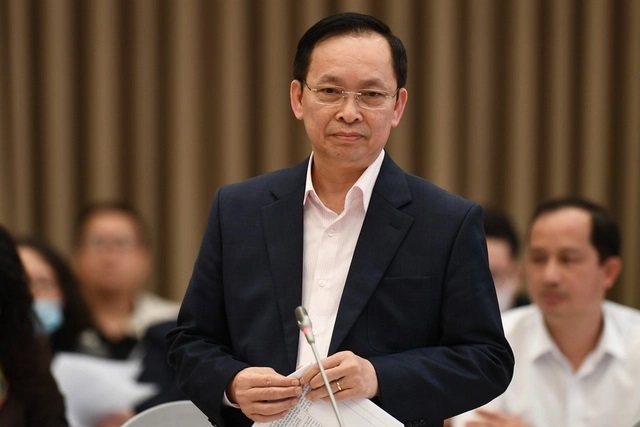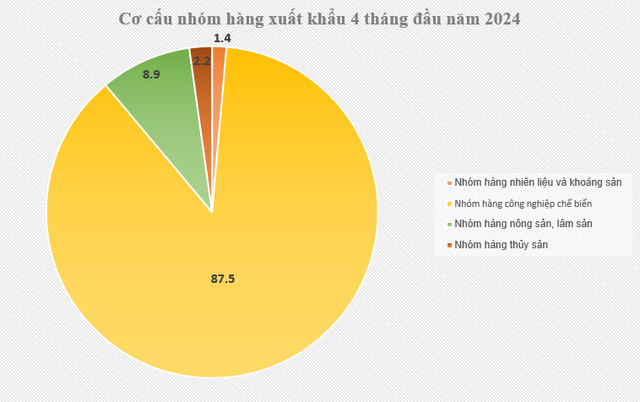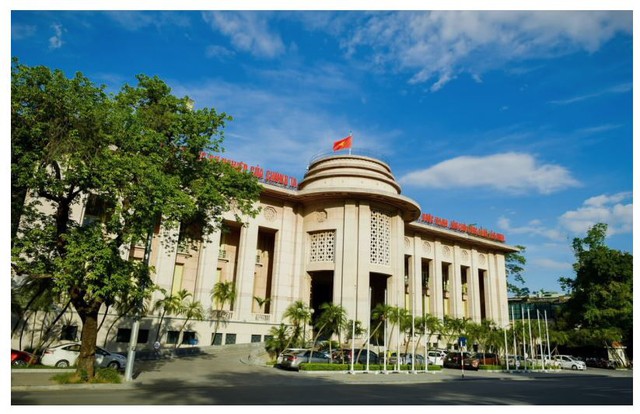Exchange Rate Management in Vietnam: Central Bank’s Approach

Mr. Dao Minh Tu, Deputy Governor of the State Bank of Vietnam.
At the Vietnam Economic Forum 2024 organized by Nguoi Lao Dong Newspaper on April 25, Mr. Dao Minh Tu, Deputy Governor of the State Bank of Vietnam (SBV), acknowledged the significance of exchange rates in the economy. He emphasized that proper management of exchange rates is crucial to control inflation. Consequently, the SBV prioritizes regulating exchange rates in the near future.
“We stabilize exchange rates, not fix them, to ensure a neutral foreign exchange status, neither positive nor negative,” the SBV official stressed.
According to Mr. Tu, the SBV has implemented various measures to achieve these objectives, including controlling the money supply to maintain balance, adjusting interest rates to align with exchange rates, and calculating optimal levels to meet both goals.
The Deputy Central Bank Governor explained that managing central exchange rates helps discourage speculative hoarding of foreign currencies. The SBV has also strengthened its tools to maximize benefits for businesses. As a last resort, the SBV may resort to implementing administrative measures, such as mandatory foreign currency sales, although this is still in its early stages of preparation.
“We sincerely hope that businesses and the economy do not engage in excessive expectations, stockpiling, or foreign currency investments. These actions could create imbalances in the foreign exchange market, making it harder for businesses and commercial banks to support the economy,” Mr. Tu stated.
Commenting on recent exchange rate fluctuations, the Deputy Governor noted that the VND has depreciated slightly against its value at the beginning of the year. In 2023, the VND depreciated by approximately 2.6%, a commendable achievement considering the performance of neighboring currencies.
At the beginning of 2024, the SBV announced its preparedness to utilize foreign exchange reserves for intervention to stabilize exchange rates if necessary. Since then, the central exchange rate has decreased by 4.8% compared to 2023. Nonetheless, this level of depreciation is still favorable compared to other markets such as Taiwan (China) (5.96%), Thailand, Japan, South Korea, and Switzerland (all with higher depreciation rates).
“Given the openness of the economy, exchange rate management is critical. The SBV will handle exchange rates prudently,” the Deputy Governor stated.
Mr. Tu explained that the SBV anticipates a reduction in interest rates by the Federal Reserve, although no official policy announcements have been made yet. The US dollar is currently trading at its highest level ever. Reduced investment demand, protectionist policies in major countries, and a decline in global consumer demand have affected Vietnamese businesses’ exports. Additionally, rising transportation costs, supply chain disruptions, and heightened concerns over regional conflicts in the Middle East have led to a surge in gold prices, including a record increase to over $2,400 per ounce, impacting exchange rates and Vietnamese import-export businesses.
Furthermore, the sharp decline in VND interest rates has led to an imbalance between VND and USD interest rates, also contributing to elevated exchange rates. The robust import-export sector has also increased foreign currency demand for imports.
“Weak exports may result in reduced foreign currency inflows, despite continued remittances. Market sentiment can also influence exchange rates,” concluded the Deputy Governor.





































